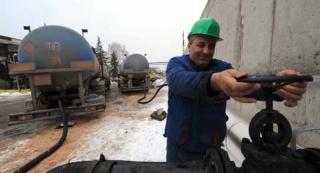
Consumption of natural gas is growing rapidly and now accounts for nearly one-quarter of the world’s energy supply. While natural gas is relatively clean compared to crude oil and coal, its ability to assume a greater role in meeting the world’s growing energy demands will depend largely on price.
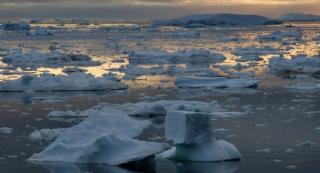
As the melting Arctic ice cap opens new shipping lanes and makes it easier to access strategic energy reserves, countries are racing to gain control over the Arctic’s abundant natural resources.
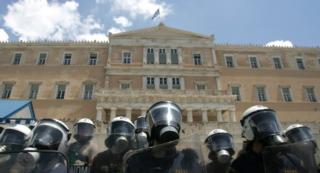
The Euro crisis, which strikes at the heart of the world’s largest trading block, no longer threatens just Europe. Economies around the globe are already being affected, and the worldwide recovery is at risk.
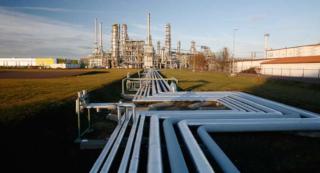
Russia’s energy reserves can be conserved through available, cost-effective measures, which will lead to a more competitive economy, more jobs, and increased national income.
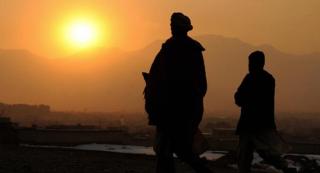
President Obama has placed a greater emphasis on the need for a regional approach to Afghanistan. Leading experts analyze what a regional strategy would mean in practice through the eyes of key states, including Russia, Iran, Pakistan, and India, and what it could mean for U.S. policy.
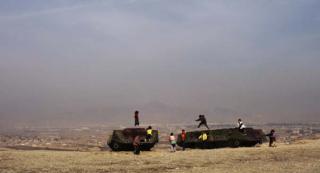
Despite its importance, Russia’s perspective on the war in Afghanistan has typically been missing from previous analyses of coalition policy. Moscow views Afghanistan largely through the prism of security threats to itself and its Central Asian neighborhood.
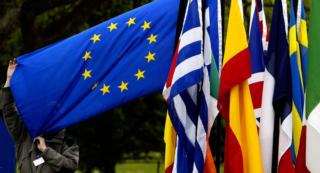
The visa facilitation agreements with the EU have made getting visas easier and cheaper, but they have not significantly diminished the amount of time it takes, nor have they simplified procedures for obtaining long-term multi-entry visas.
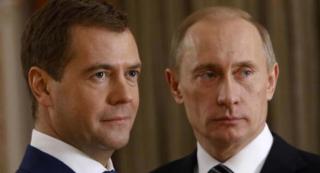
By the beginning of the twenty-first century, Russia had recovered from its domestic crisis, and so had its global ambitions. While Moscow’s principal interests still lie mostly toward the West, the Middle East is back on Moscow’s radar screen and Russia’s withdrawal from the region has been reversed.

The Carnegie Moscow Center works to facilitate Andrew Carnegie’s belief that the world could be made a better place through the spread of knowledge and international cooperation. This year, the Center celebrates its 15th anniversary.
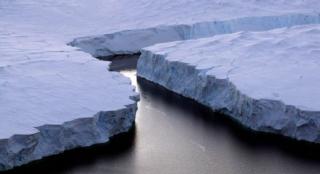
Minimizing the environmental impact of climate change and resource development in the Arctic must be a top priority, if environmental disaster is to be avoided.
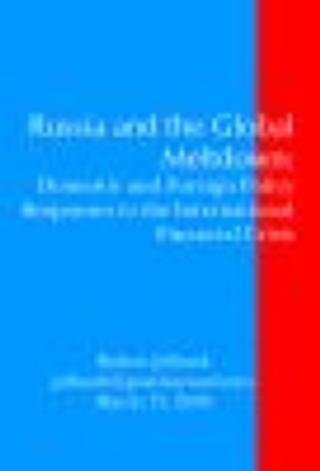
Russia's foreign policy response to the economic crisis has been to marginalize the United States, move closer to Europe, and consolidate its control over the former Soviet space.
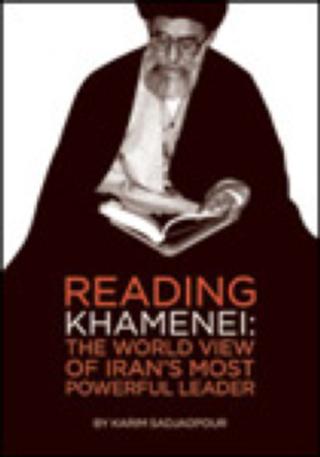
There is perhaps no leader in the world more important to current world affairs but less known and understood than Ayatollah Ali Khamenei, Supreme Leader of Iran. In a unique and timely new study Carnegie’s Karim Sadjadpour presents an in-depth political profile of Khamenei based on a careful reading of three decades' worth of his writings and speeches.
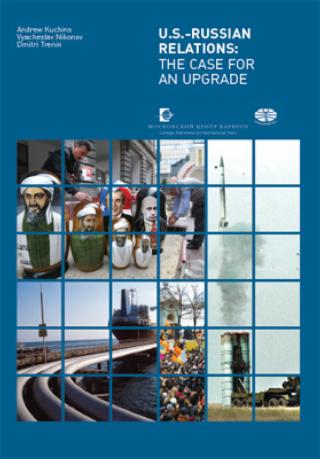
Highly touted in both Washington and Moscow as a "strategic partnership" in 2001, the relationship has drifted and the gap between glowing rhetoric and thin substance has grown. When major policy differences emerge, as over war in Iraq in 2002-2003 and recently over Ukraine, all too easily the U.S.-Russian relationship spirals into "crisis," and the threat of a "new Cold War" looms.